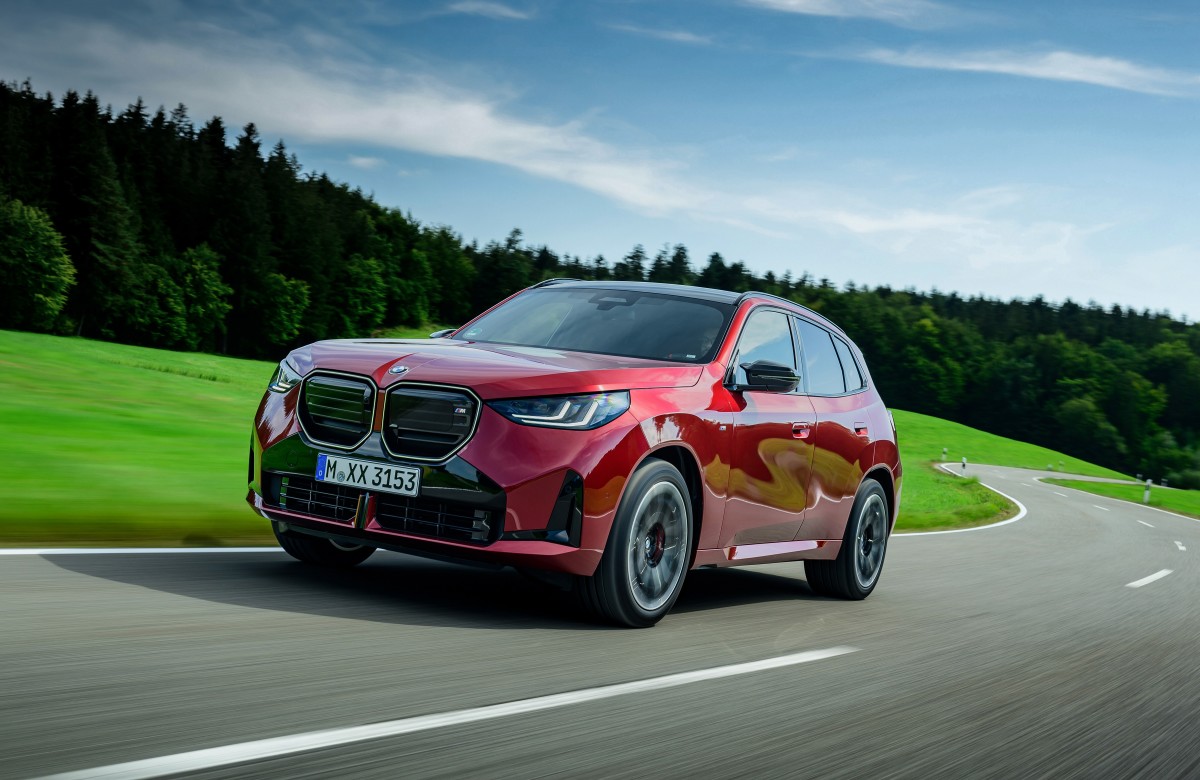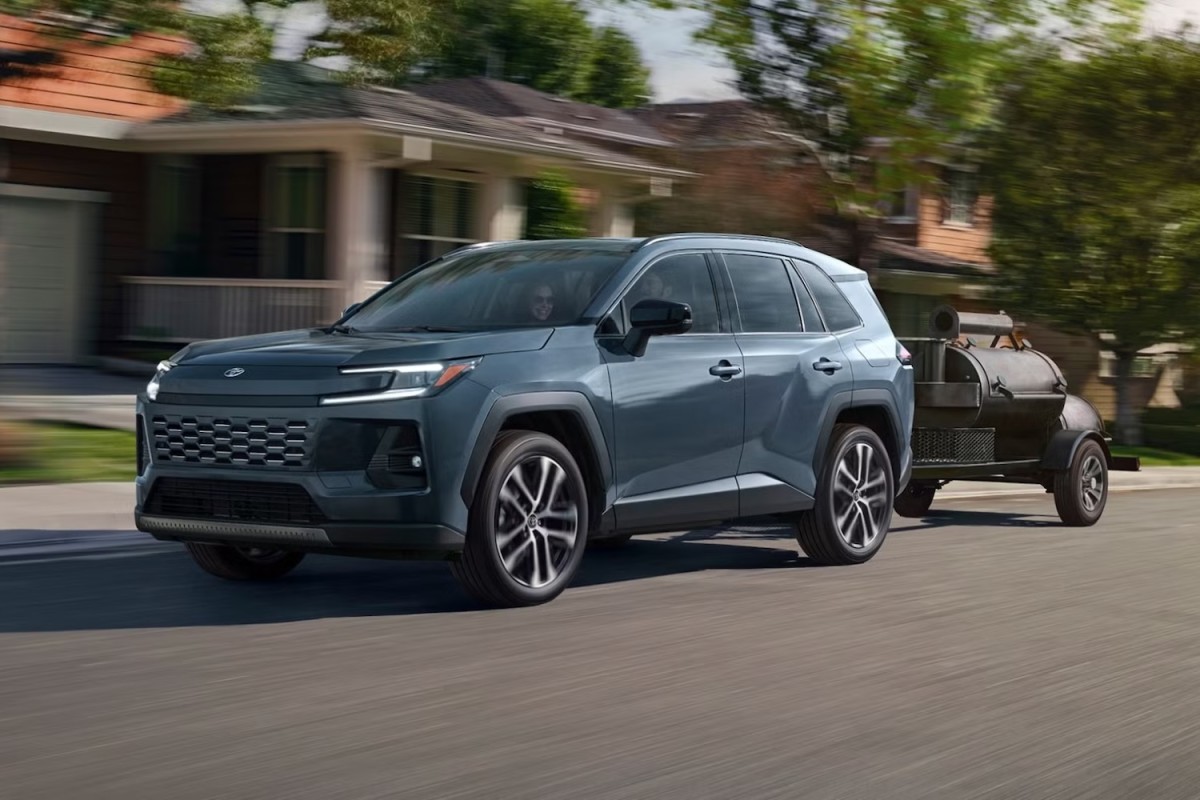Podcast Episode Details
Back to Podcast EpisodesNew Auto Loan Tax Break Could Save You Money, But There’s a Catch
All American-made cars, not only EVs, will profit from it, but not all customers will
Tucked inside President Trump’s recently signed tax law is a provision aimed squarely at reshaping consumer behavior. Starting in 2025, buyers who finance a new car assembled in the U.S. can claim a tax deduction on the loan interest they pay.

Adobe Stock Images
On paper, it’s a significant shift. The measure applies to any passenger vehicle — gasoline, hybrid, or electric — so long as final assembly takes place at a U.S. plant. However, unlike the soon-to-expire $7,500 federal EV credit, which offered an immediate discount at the time of purchase, the new benefit works more like a traditional tax deduction. Buyers won’t see the money until they file their returns the following year.
It’s a tax deduction for few
The law allows taxpayers to deduct interest on loans for eligible vehicles purchased between 2025 and 2028. It applies only to new vehicles for personal use, so leases and used cars don’t qualify. Notably, the incentive phases out at $100,000 for individuals and $200,000 for couples filing jointly.

Adobe Stock Images
Yet with the average new vehicle costing nearly $50,000, how many households under those limits can realistically participate? Since lenders typically cap monthly car payments at 15–20% of a buyer’s income, consumers need at least $50,000 a year in earnings just to get into today’s average new car. Analysts estimate the average benefit will be far from a bonanza: around $576 in the first year, shrinking to just $36 by year six. That's because the annual amount of interest paid on a car loan diminishes over time. Initially, a greater portion of each car loan payment goes toward interest. In later years, most of it goes toward the principal.

Winners and losers
Still, automakers with extensive U.S. assembly operations could gain a marketing edge. Models such as the Acura MDX, Acura RDX, BMW X3, BMW X5, Ford F-150, Hyundai Tucson, Jeep Grand Cherokee, Mazda CX-50, Mercedes-Benz GLE, Subaru Outback, Tesla Model Y, Toyota Camry, Toyota Highlander, Volkswagen Atlas Cross Sport, and Volvo S60 qualify, even in higher-priced trims.

However, the incentive largely circumvents the entry-level market. Consider the Honda Civic Hatchback. It's built in Greensburg, Indiana, but the Civic Hybrid Sedan is built in Ontario, Canada, and isn't eligible for the tax break. The Chevrolet Trax and Buick Envista are manufactured at the GM Changwon Plant in South Korea and don’t qualify. That's not unusual, as most affordable vehicles are built in Mexico or South Korea to keep their prices low. As a result, few price-sensitive consumers will benefit from the new tax break. You might be surprised at which vehicles actually qualify. The Toyot
Published on 1 day, 16 hours ago